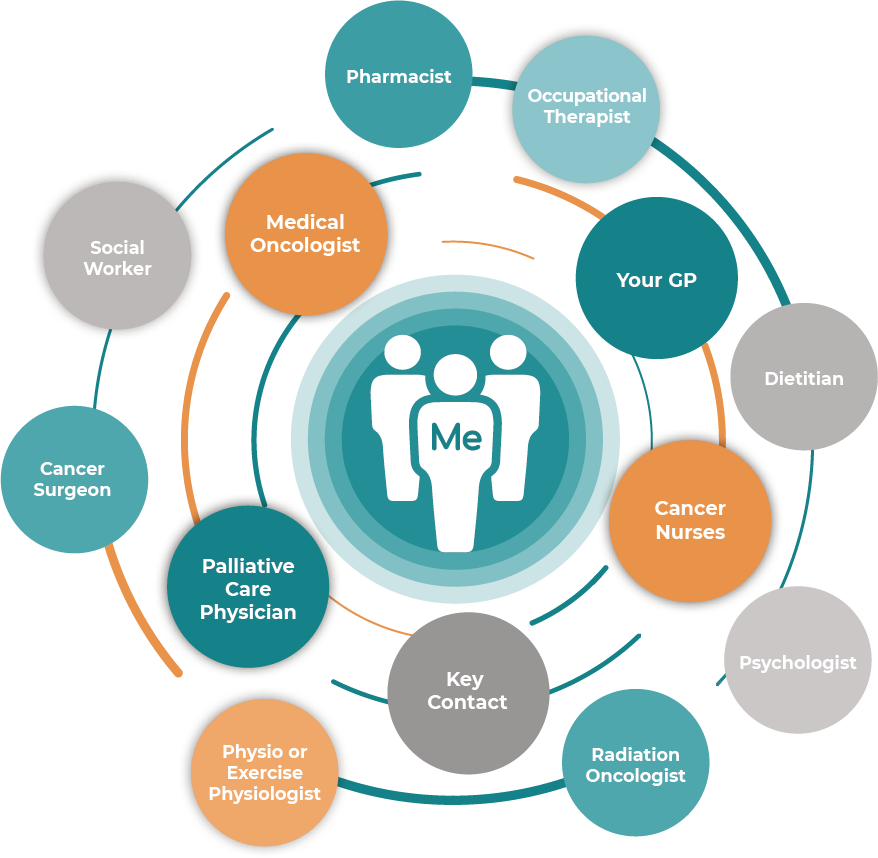It is important that you feel confident that your cancer team knows about your wishes and your needs so that you can make decisions about your care and treatment together.
Some older people say they feel left out or “invisible” in Australian society.
The OlderCan resources have been developed to support you to share your wishes and for your carers to be able to advocate on your behalf.
It is the right of all people to be treated with dignity and respect in healthcare in Australia.
Charter of Health Care rights (PDF, 160KB)

Good communication with health professionals involved in your cancer treatment and care is essential.
People in the Older and Wiser project said it was important for them to feel like they trusted their cancer doctors. They told us that they wanted to have an honest and respectful relationship with their cancer team at all times.
“You need good explanations, if you don’t understand the options how do you make informed decisions?”
Peter, Older and Wiser participant
Many people like to ask for a second opinion before they decide on a treatment plan. It is your right to do this. Your cancer team will be supportive of this. They understand that people want to feel sure they have the information they need to make the best decisions for them.
A partnership with your team
A range of health professionals may be involved in your cancer treatment and care. This diagram shows who could be in your treating team.

Carers are shown with the patient in the centre of this diagram. For many people, having a family member, friend or carer who can accompany and support them throughout their cancer experience is very important. Visit Older Carers for more information.
“The older carer becomes melded together with the patient, we became one on the journey of my husband’s cancer”.
Marilyn, older carer
When you, your family or carers share in discussions and decisions about your care with your cancer health team, this is described as being in a partnership with your healthcare team, you are a partner in your own care. Not everyone wants to be a partner in their care, but for many people, this is very important.

